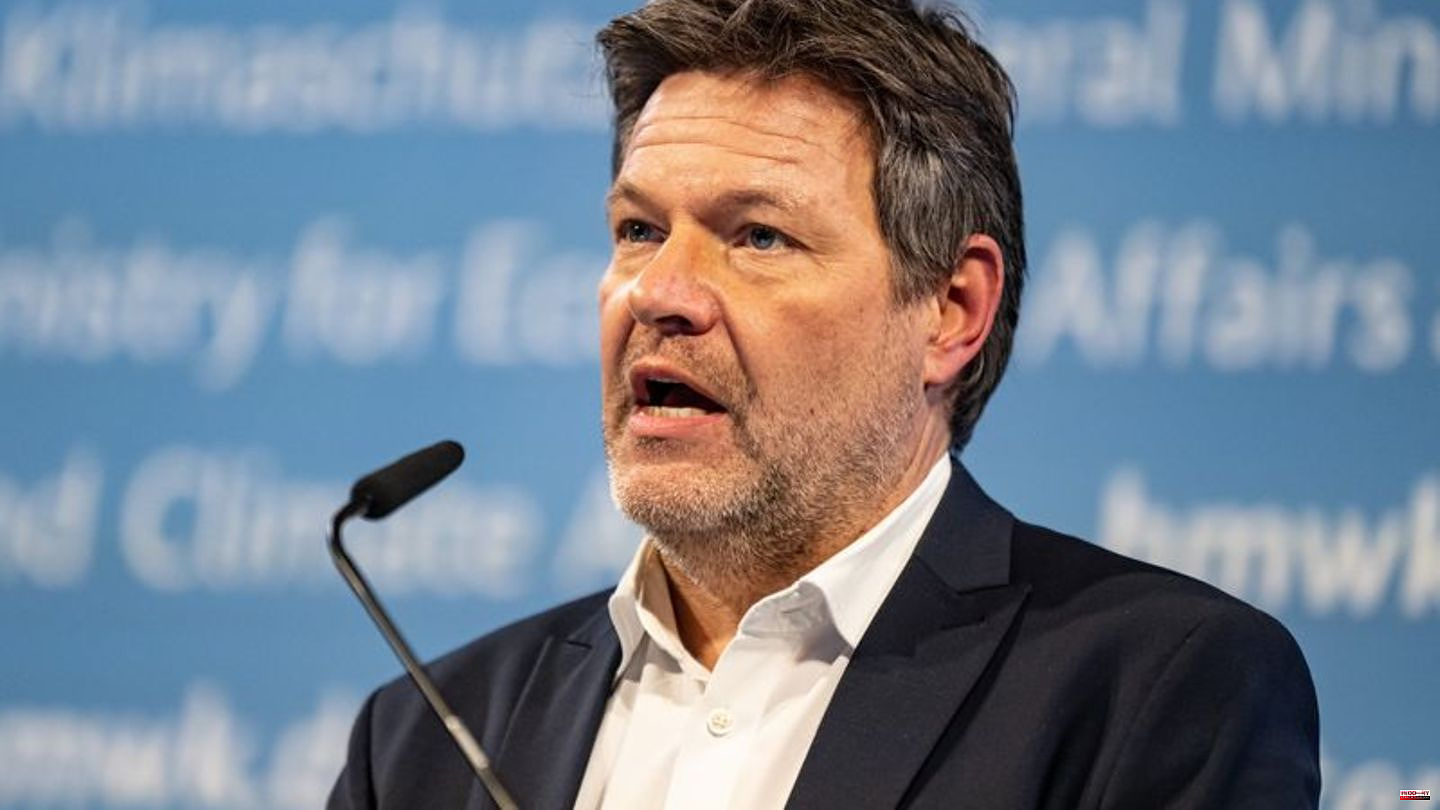Federal Minister of Economics Robert Habeck gave the go-ahead for the reform of the electricity system. The Greens politician opened the "Platform for a climate-neutral electricity system" in Berlin. Representatives from politics, science and business are to develop proposals for the future design of the electricity market.
In 2030, electricity from renewable energies from wind and senses should account for 80 percent of consumption, compared to around half last year. The demand for electricity will increase sharply, above all due to the expansion of electromobility and heat pumps, as Habeck said. He announced that the ministry would launch a power plant strategy in the first quarter. Gas-fired power plants and hydrogen-capable power plants would be needed primarily as a backup.
Concrete Principles
The minister named several principles for the electricity system of the future. The energy system must become climate-neutral. Security of supply must be guaranteed at all times of the day and night. Electricity must be affordable. Habeck again mentioned an industrial electricity price - the German economy complains about high energy prices in international comparison. Favorable prices for the generation of renewable energies should reach the consumers. Habeck also emphasized the European dimension.
The FDP energy politician Michael Kruse said that the expansion of networks and storage facilities is needed, as well as an electricity market that sends price signals directly to consumers.
Habeck announced that there should be significant results from the platform by the end of the year. He made it clear that fundamental reform would take time. Germany and other EU countries had already warned the EU Commission against a hasty fundamental reform of the EU electricity market that would put a strain on the energy transition.
Leave the old world behind
Last year, the so-called merit order principle was criticized in particular. This describes the order in which the power plants that are offered on the electricity exchange operate. Power plants that can produce electricity cheaply are used first to meet demand. These are wind turbines, for example. In the end, however, the price depends on the power plant that was switched on last and is therefore the most expensive, in order to cover the demand. Due to the sharp rise in gas prices, these were gas power plants, which also caused electricity prices to rise significantly.
Energy associations emphasized that the current electricity market design stems from an old world of large-scale fossil and nuclear power plants. The weaknesses of the system would become clear with an increasing share of a primarily decentralized renewable energy plant park.








